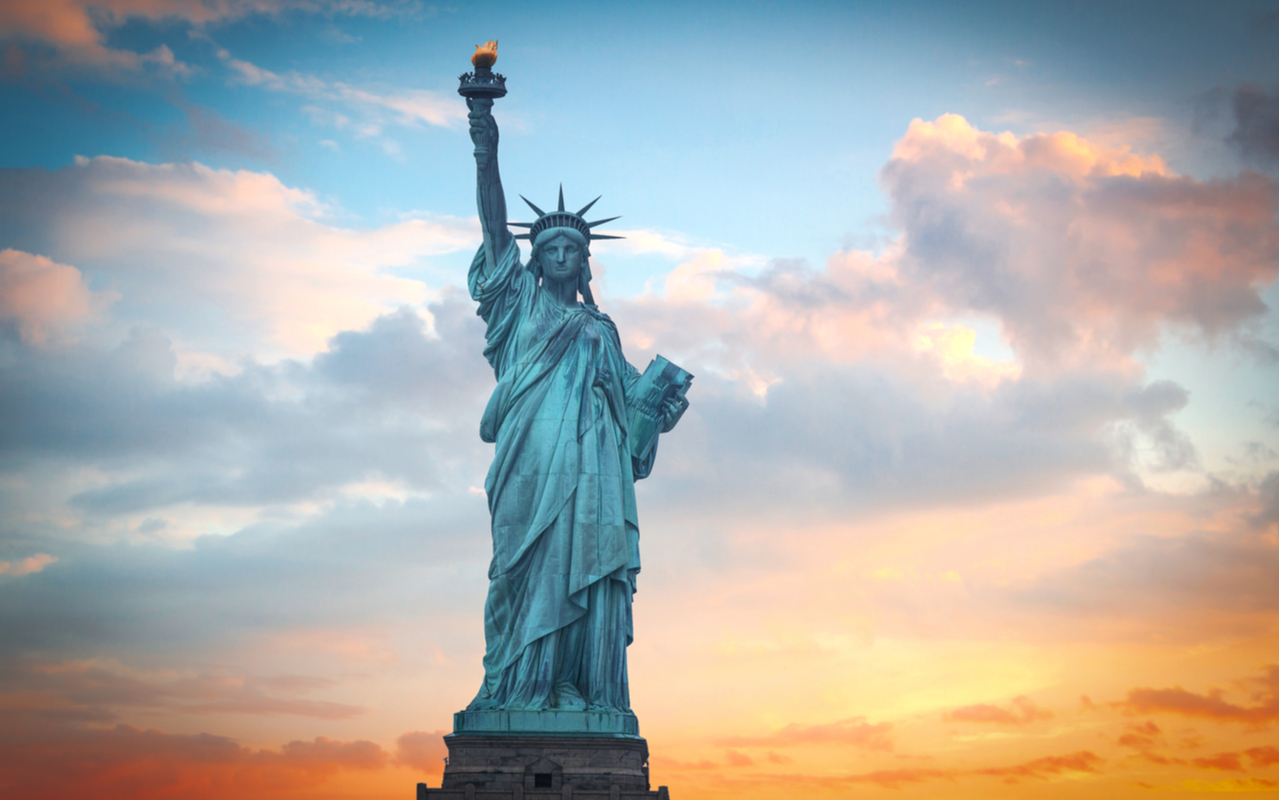
In a Pandemic, We Need Democracy — Not Billionaire Charity
We need a movement to democratize philanthropy — and the concentrated wealth that increasingly defines it.

We need a movement to democratize philanthropy — and the concentrated wealth that increasingly defines it.

The Giving Pledgers set out to give away half of their wealth. Ten years later, their assets doubled. How do we break this pattern?
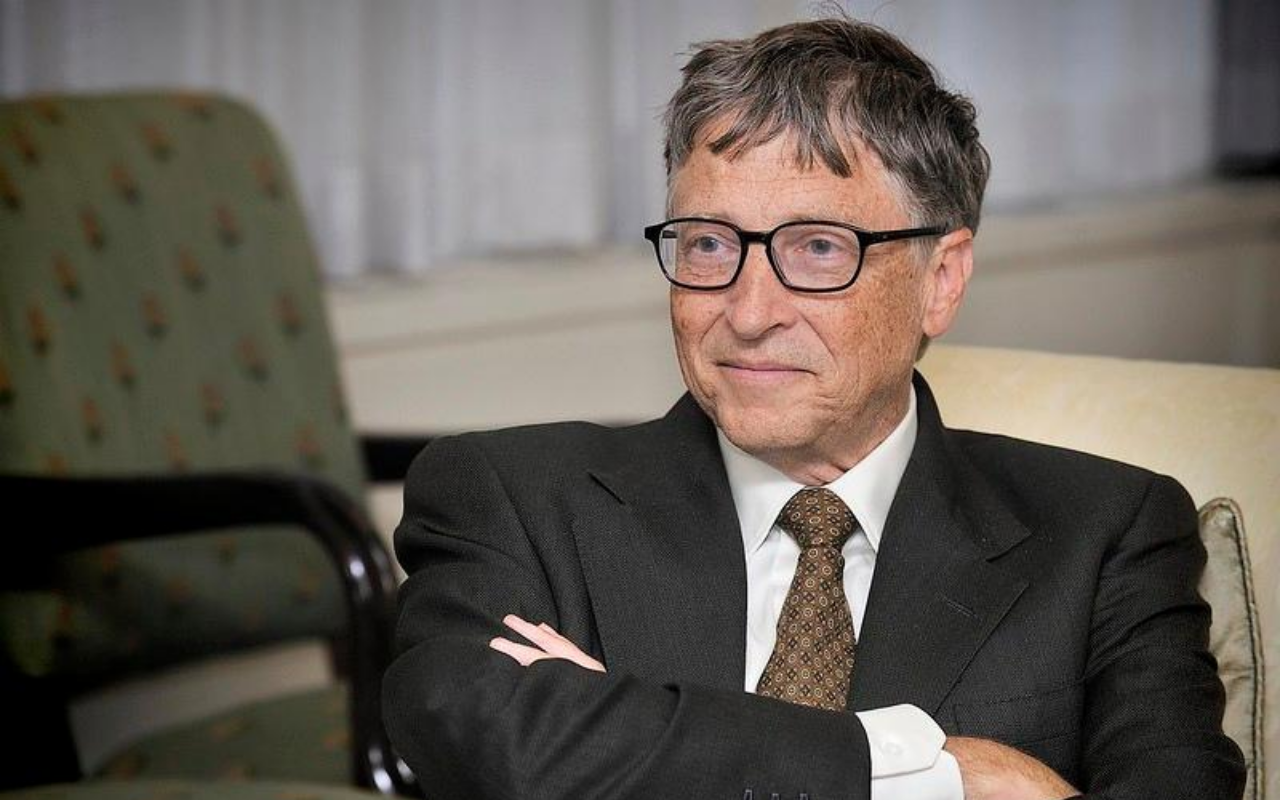
Billionaires get huge tax breaks to park money in private family foundations operated by wealthy heirs. Little goes to actual charity work

Philanthropy is at risk of becoming another extension of the private power of plutocrats, alongside monopoly ownership and media domination.

Inequality is making charity increasingly reliant on the rich. Here’s why wealthy people dominating philanthropy a problem and what we can do about it.

How Wealth Inequality Distorts Philanthropy and Imperils Democracy

As wealth concentrates, so have charitable dollars. To get donations to frontline nonprofits, Congress must pass an emergency charity stimulus.
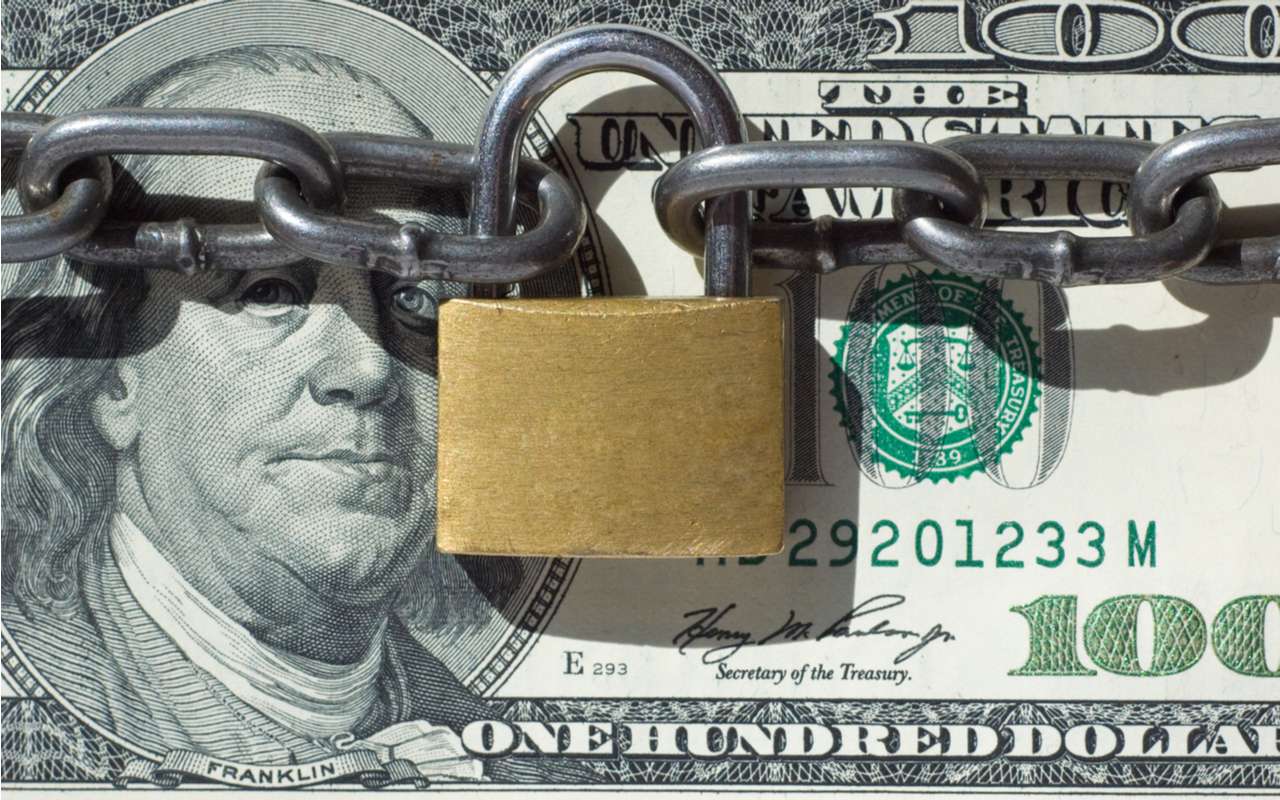
New research finds that many aspects of private foundations and DAFs are not acceptable to Americans.
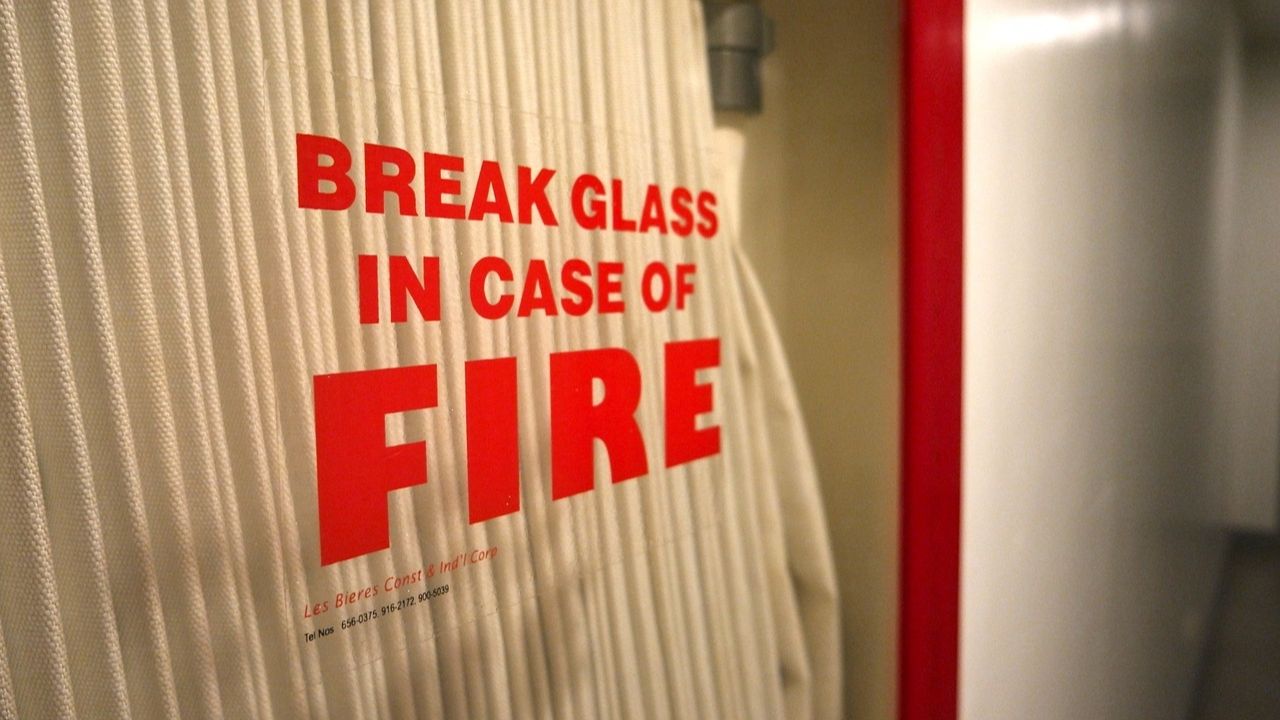
Foundations and donors to advised funds ought to be held to new payout standards for a future that requires all hands — and dollars — on deck.

To unlock billions in charitable resources during this crisis, Congress should double the mandated payout of private foundations and donor-advised funds.

We need an emergency charity stimulus and taxpayers have subsidized one, but the $200 billion in funds remain sidelined.
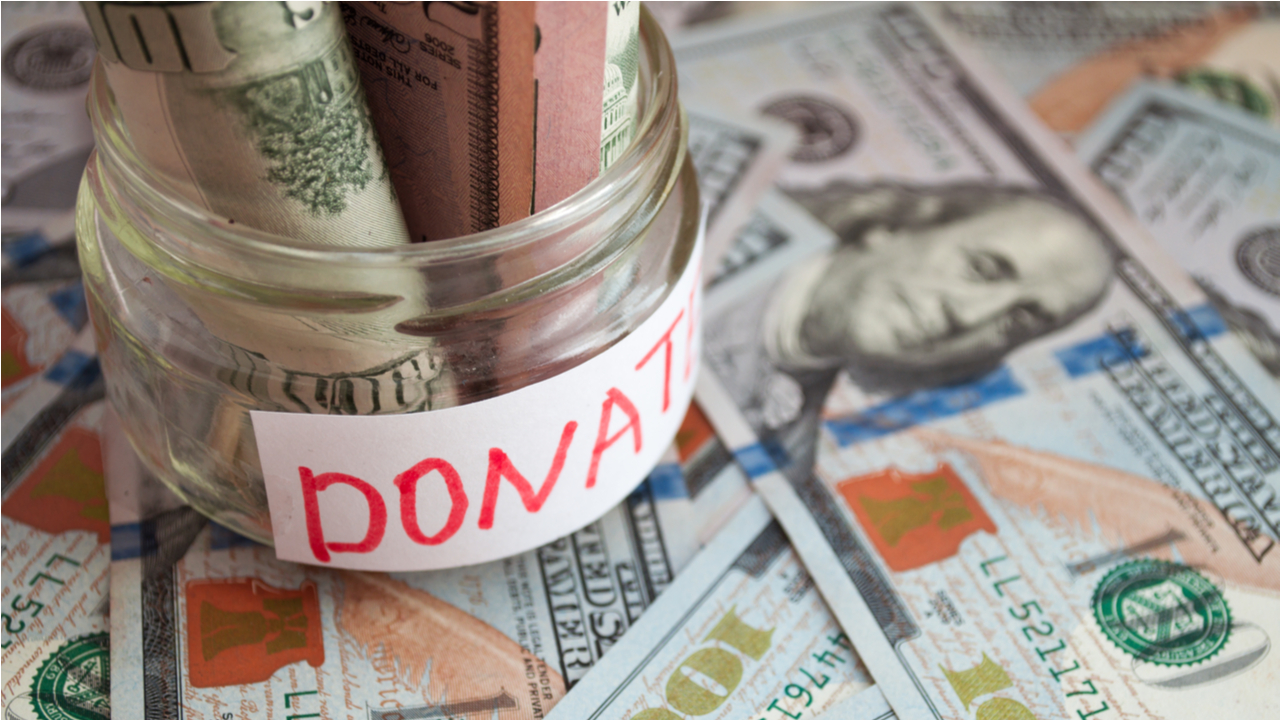
Congress can help nonprofits come up with an additional $200 billion — without costing taxpayers another dime.
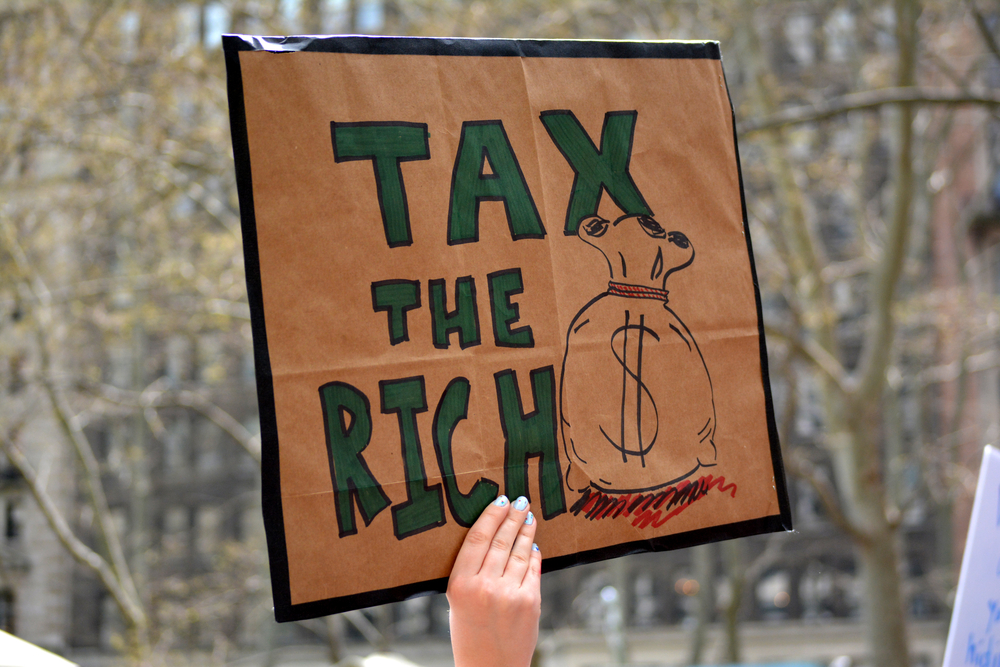
Taxes are the best and only appropriate way to ensure adequate investment in the things our societies need.
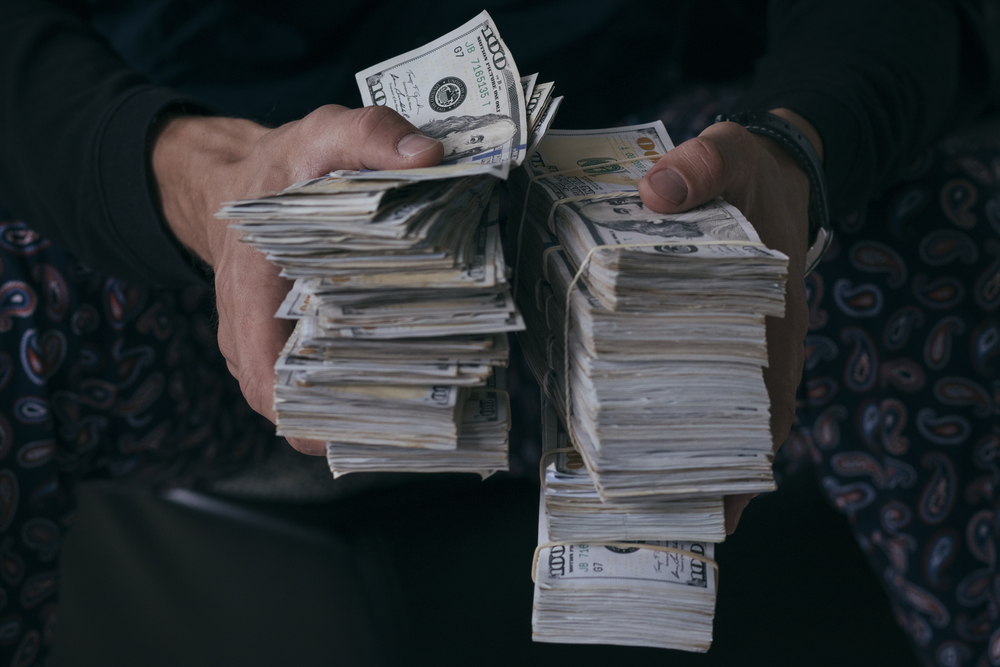
The ultra-rich are using philanthropic vehicles to shield their wealth—it’s time Congress acted.

We must reform the rules governing philanthropy to encourage more broad-based participation and to reduce the risks of top-heavy, tax-avoidance giving.